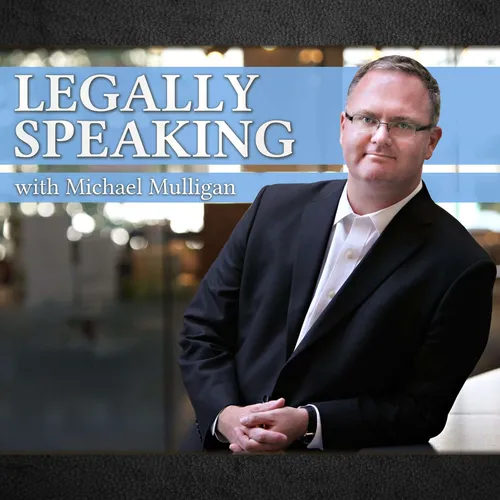Confusing COVID-19 orders cause family law issues, and a murder conviction vs private Law Society documents
- Author
- Michael Mulligan
- Published
- Fri 08 Jan 2021
- Episode Link
- None
This week on Legally Speaking with Michael Mulligan:
A BC Supreme Court Judge describes the BC COVID-19 public health orders as “fraught with inconsistency and ambiguity” and that it’s “not surprising that reasonable people can reasonably disagree about their interpretation and application in any given circumstance.”
This case is one of many that have arisen where separated parents disagree about the interpretation of the orders and how they should be applied in the context of children spending time at both parents’ homes.
The particular case was made more complicated because the orders seem to assume traditional family structures. In the case discussed the separated father, who had care of the two young children in question half the time, had become an adherent of polyamory. He described this as “a belief that all genders are equal and that loving, negotiated, individualized, consensual, and egalitarian relationships can include more than the Judeo-Christian ‘normality’ of a monogamous heterosexual couple.”
In accordance with this, the father’s new partner has a husband with whom she spends slightly more than half of her time. All three parties to this relationship were supportive of the arrangement.
Because of how the COVID-19 orders are drafted, the result of this scenario is that the husband’s apartment became a “vacation accommodation” for his new partner despite this being completely at odds with the ordinary meaning of this term.
Having worked through various ambiguous and difficult to interpret provisions of the orders, the judge concluded that the father’s relationship was not in breach of them, and that the mother should stop withholding access to the children.
It would seem that the government is aware that the orders in question are ambiguous as they have posted a notice on the government web site that says, “Do not look for loopholes or excuses to gather.”
The judge in the case also pointed out that the premier of BC, relying on advice from his Minister of Heath, was obliged to change his plans for Christmas Day at home with his wife, son and her daughter-in-law when it was pointed out to him that such a gathering would be in breach of the orders.
Also discussed in the episode is the case of a man who was convicted of murder in the year 2000. He has maintains his innocence and is still in jail. He blames his conviction on the ineffective assistance of two lawyers: one at his trial and the other on his appeal.
The Court of Appeal clearly had a concern with how the man’s second lawyer conducted himself as it asked the Law Society to investigate the lawyer, who was eventually required to stop practicing.
The man who was convicted was applying for permission to use records the Law Society collected in the course of investigating the lawyers in question. This application was, however, denied by a judge who needed to weigh the importance of the documents against claims of privilege by the Law Society.
The records collected by the Law Society, when investigating the lawyers, would include privileged information concerning other clients of the lawyers in question.
The man will need to advance his renewed application for leave to appeal to the Supreme Court of Canada, or to the Minister of Justice, without the benefit of the Law Society records.
Follow this link for a transcript of the episode and links to the cases discussed.
